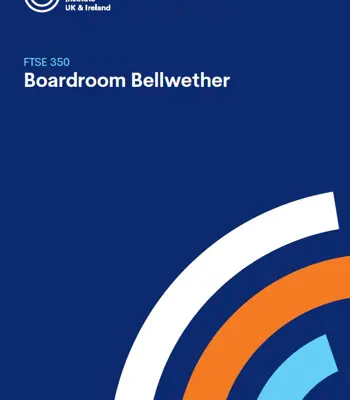Browse our range of governance resources, insight and advice, all worth valuable CPD hours and crucial to your development and performance.
G+C Magazine
G+C (short for Governance and Compliance) is the only UK magazine (digital and print) aimed at company secretaries and governance professionals across the corporate, not-for-profit and public sectors.

Our latest resources


Resources by type
Subject resource hubs
Access hubs of resources on topics of interest to you, by selecting the buttons below. This will bring you the latest on this topic provided by CGIUKI.










